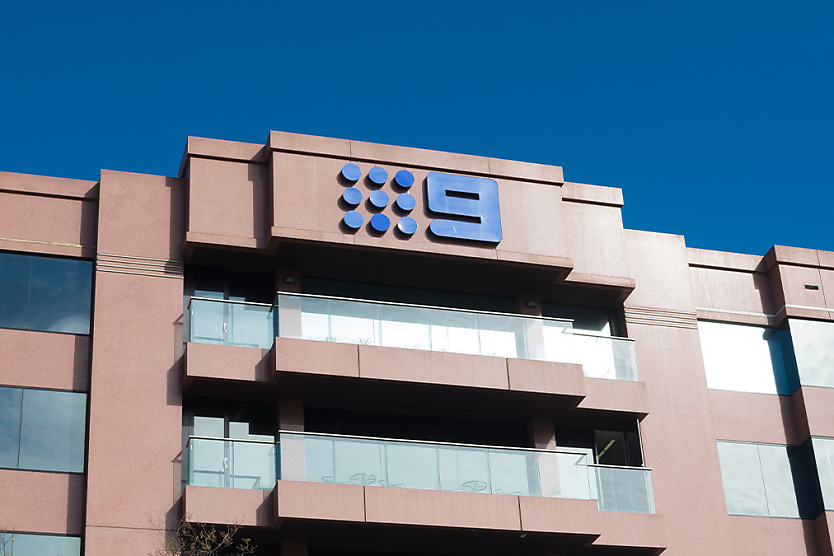
A scathing independent review of its workplace practices and culture at Nine Entertainment has found systemic issues with abuse of power and authority, bullying, discrimination, harassment, and sexual harassment at the media giant.
Nine Entertainment has released an independent review of its workplace practices and culture, conducted by organisational culture firm Intersection, which examined the experiences of staff across the corporation’s various divisions between June and October of this year.
The report was received by Nine yesterday (Thursday, 17 October) and was released publicly shortly after.
It outlined, in its executive summary, that the review found “concerning levels of inappropriate behaviours” at Nine.
“Inappropriate workplace behaviour at Nine is normalised and occurs out in the open,” the report said.
The review’s release follows the publication of a similar review, earlier this month, into the national broadcaster, which also found “systemic” workplace cultural issues at the ABC.
Among the findings were that:
- Fifty-two per cent of Nine employees had experienced or witnessed abuses of power or authority.
- Forty-nine per cent had experienced bullying, discrimination, or harassment.
- Twenty-four per cent had experienced sexual harassment.
Some of the findings were even more prevalent in certain divisions, for example:
- Sixty-two per cent of broadcast employees, and 66 per cent of radio employees had experienced or witnessed abuses of power or authority.
- Thirty-two per cent of Stan employees, 30 per cent of broadcast employees, and 29 per cent of radio employees had experienced sexual harassment.
- Fifty-seven per cent of broadcast employees, 55 per cent of Stan employees, and 49 per cent of radio employees had experienced bullying, discrimination, or harassment.
The figures in the company’s corporate, digital, sales, and publishing divisions were slightly better, but still shocking.
The report made 22 recommendations, including but not limited to: ensuring Nine’s senior leadership is responsible and accountable for leading cultural change, continuing to invest in an external complaints management system, engaging an independent external complaints investigator for complaints made in the next year, updating workplace behaviour-related policies and procedures, commissioning and independent equity review of employment arrangements, and annual reporting to employees on complaints and their outcomes.
In a statement, the Nine board committed to implementing all 22 recommendations.
Moreover, it has requested that management to provide the board and employees a comprehensive action plan to uplift the company’s culture in the next month.
Speaking about the review’s findings, Nine chair Catherine West said: “Today is an incredibly difficult day for Nine as we confront these findings and reflect on serious cultural issues as an organisation. The behaviour outlined in the report is unacceptable. Abuse of power, bullying, sexual harassment and inappropriate conduct is not OK. This behaviour has no place at Nine.
“We acknowledge that too many of our past and present employees have been harmed by poor workplace culture, the prevalence of inappropriate workplace behaviours, and an inadequate response in the past from Nine to those behaviours.
“To any individual who has experienced inappropriate conduct that does not meet the values of Nine, we are deeply sorry. On behalf of the board, I unreservedly apologise.
“The strength and courage these individuals have shown in sharing their stories as part of this process will allow us to move forward as an organisation with a clear understanding of where we went wrong and their insights will help strengthen Nine’s culture for the better. For that, we thank them.
“Despite the proactive culture change agenda already underway, the reality is much more needs to be done and a cultural reset is required. Nine’s board and leadership team are united in their commitment to accelerating and driving the required change.”
Nine acting chief executive Matt Stanton said: “The Intersection report makes for hard reading for the many people who love working for Nine and all that we stand for. It was personally distressing for me to read these stories from our people. The behaviour experienced by many of our people right across the business is not acceptable in any workplace and falls well below what our people should expect in the work environment.
“While it is important that today all of us at Nine take a moment to reflect, we also move forward with a resolve to do better. We have a responsibility to our people to create a safe and respectful work environment to ensure they can perform at their best. Our people deserve nothing less.”
Intersection principal Natasha de Silva said: “This report reflects the findings from the most comprehensive review of culture ever undertaken in the Australian media sector. While our review contains sobering findings, the strong survey participation rate is an indication of the willingness of the Nine workforce to be part of the cultural change.
“The recommendations made by the review are intended to build a safe, respectful, and inclusive culture at Nine into the future. I am encouraged by the board and management’s commitment to transparency, demonstrated by releasing the review report in full, as well as their commitment to implementing the recommendations.”
RELATED TERMS
Your organization's culture determines its personality and character. The combination of your formal and informal procedures, attitudes, and beliefs results in the experience that both your workers and consumers have. Company culture is fundamentally the way things are done at work.
According to the Australian Human Rights Commission, discrimination occurs when one individual or group of people is regarded less favourably than another because of their origins or certain personality traits. When a regulation or policy is unfairly applied to everyone yet disadvantages some persons due to a shared personal trait, that is also discrimination.
Harassment is defined as persistent behaviour or acts that intimidate, threaten, or uncomfortably affect other employees at work. Because of anti-discrimination laws and the Fair Work Act of 2009, harassment in Australia is prohibited on the basis of protected characteristics.









